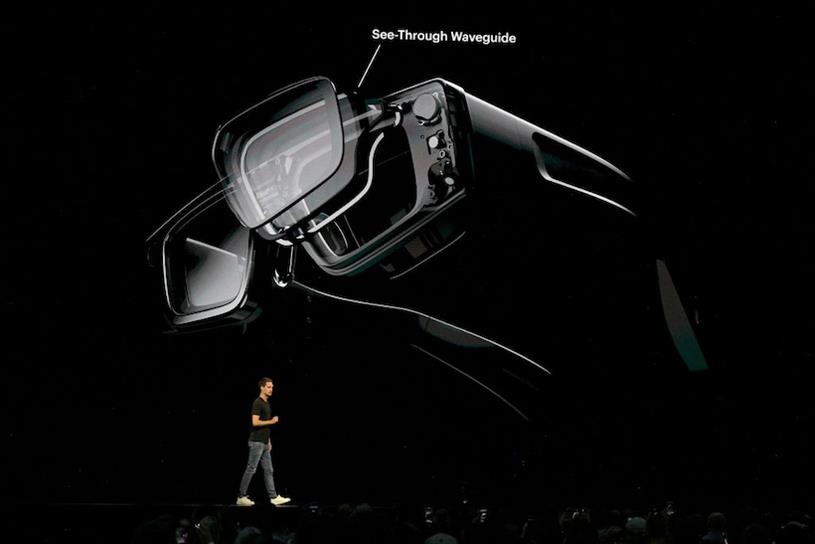In a groundbreaking announcement at Snap Inc.’s annual Partner Summit on September 18, 2024, CEO Evan Spiegel unveiled a series of innovative advancements, including a new operating system designed specifically for the fifth generation of Spectacles AR glasses. As the tech landscape evolves, Spiegel believes augmented reality (AR) hardware will emerge as the next major computing platform, positioning Snap ahead of industry giants like Meta, Google, and Apple.
Introducing Snap OS
The centerpiece of Snap’s latest offerings is Snap OS, a purpose-built operating system for the upcoming Spectacles. This new platform promises to revolutionize user interaction by enabling a natural interface that leverages hand gestures and voice commands. Spiegel demonstrated how users can navigate the main menu simply by using their hands, eliminating the need for cumbersome controllers.
“The Snap Spatial Engine understands the world around you, allowing for immersive Lens experiences that seamlessly integrate into your environment,” Spiegel explained. With a remarkable 13-millisecond motion-to-photon latency, the new Spectacles deliver exceptional accuracy for AR experiences, allowing users to add 3D objects and effects in real-time.
A Developer-Friendly Ecosystem
In a bid to attract developers, Snap is keen on creating what Spiegel describes as the “most developer-friendly platform in the world.” He emphasized the company’s commitment to minimizing barriers for developers, stating, “We know how hard it is to build something great, and we want to make it easier for all of you.”
To this end, Snap is optimizing the development and deployment process for AR experiences through the updated Lens Studio 5.0, which offers a robust suite of tools for creators. Additionally, Snap is collaborating with OpenAI to give developers access to multimodal large language models. This partnership aims to enhance the capabilities of AR lenses, allowing them to recognize and interact with objects in the user’s surroundings.
Despite these advancements, there is a notable initial investment required from developers interested in the Spectacles Developer Program, priced at $99 plus tax per month for a one-year commitment. While this may pose a challenge, it reflects Snap’s ambition to cultivate a thriving AR development ecosystem.
Competing with the Giants
Snap’s announcements come at a time when competitors are also ramping up their AR and mixed reality efforts. Meta is expected to showcase its own AR glasses soon, while Google collaborates with various tech firms to develop next-gen smart glasses. In this competitive landscape, Spiegel made a case for the advantages of AR over virtual reality, highlighting the isolating nature of VR headsets.
“VR headsets are like sticking a laptop to your face. They can make you feel motion sick, they’re heavy, and often uncomfortable,” he stated. In contrast, AR glasses allow users to engage with their real-world environment, making technology more accessible and relatable.
New Features in Snapchat
Alongside the unveiling of Snap OS and the Spectacles, Snap also introduced a simplified version of the Snapchat app, along with generative AI features aimed at enhancing user experience for consumers and creators alike. Currently, Snapchat boasts around 850 million users, with over 300 million actively engaging with AR daily.
This commitment to innovation is evident in the strong community of creators and developers that Snap has cultivated. With over 375,000 creators contributing to more than 4 million Lenses available across various platforms, the potential for AR experiences within Snapchat is vast.
Looking Ahead
As Snap positions itself at the forefront of AR technology, the launch of Snap OS and the fifth generation of Spectacles represents a significant leap toward making augmented reality a ubiquitous part of everyday life. By focusing on a user-friendly interface and developer support, Snap aims to create a more integrated AR experience that resonates with millions of users worldwide.
In a rapidly evolving tech landscape, Snap’s initiatives could redefine how we interact with digital content, bridging the gap between the physical and digital worlds. With the anticipated release of the new Spectacles and the ongoing development of innovative features within Snapchat, the future of augmented reality looks promising.

